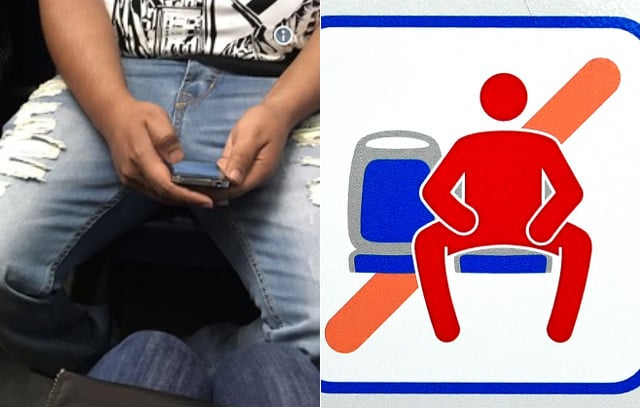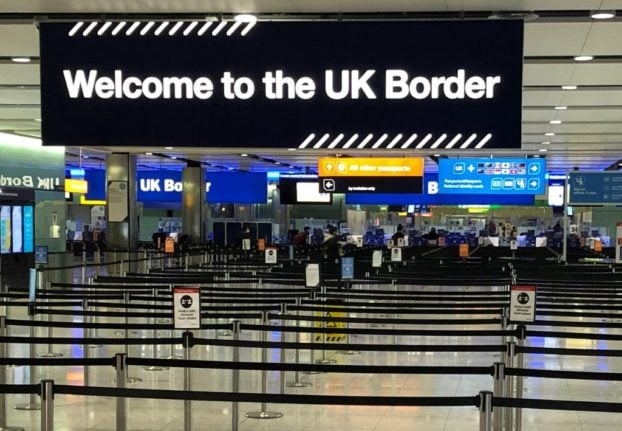Esta es la señal de los autobuses de la @EMTmadrid para respetar el espacio de los demás y evitar el #manspreading. https://t.co/dnqdMycgaO pic.twitter.com/Xwcx3bx8DG
— Ayuntamiento Madrid (@MADRID) June 7, 2017
- 'Half of French women' alter clothes to avoid harassment
- Sexual harassment rife on Paris trains
- 'Sexist' Paris streets renamed in feminist stunt

Journée banale dans les transports en commun. #viedemeuf pic.twitter.com/edwpeoJ4NL
— Lénaïg Bredoux (@LenaBred) June 13, 2017
Coucou @STIFidf @GroupeRATP. Et si, comme l'EMT à Madrid, vous réprimandiez le #Manspreading ? #Takebackthemetro pic.twitter.com/ucJzWaQO0m
— Madam_blue (@madame_blue_) June 13, 2017



 Please whitelist us to continue reading.
Please whitelist us to continue reading.